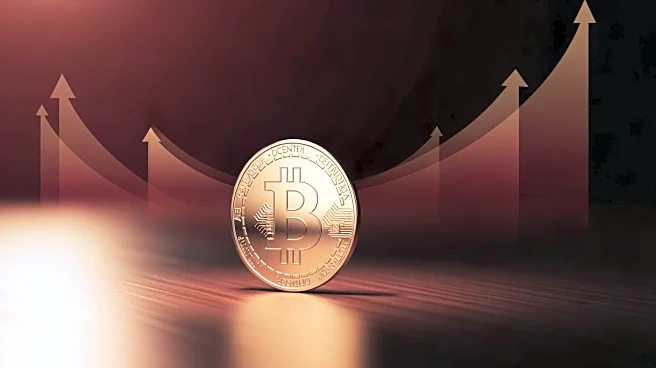(Reuters) -Slice and dice it anyway you like and the week ahead for world markets will likely be dominated by politics and central banks in some shape or form.
Japan votes, the European Central Bank holds
its pre-summer break policy meeting, U.S. President Donald Trump's constant pressure on the Federal Reserve chief stays on the watch list and Turkey's central bank meets against a backdrop of domestic political uncertainty.
Here's your heads up on the week ahead for financial markets from Rae Wee in Singapore, Lewis Krauskopf in New York and Amanda Cooper, Yoruk Bahceli and Karin Strohecker in London.
1/ HIGH STAKES
Much is riding on Sunday's Japan upper house election, which could, at least in the near- to mid-term, shape the fiscal and policy trajectory for one of the world's most indebted nations.
Polls suggest Japan's ruling coalition will likely lose its majority, with fiscal hawk Prime Minister Shigeru Ishiba potentially stepping down.
Longer-dated Japanese government bond yields have scaled new highs as concerns about the deteriorating fiscal outlook grow, following promises of tax cuts and fiscal largesse by opposition parties.
Their preference for keeping interest rates low also complicates the Bank of Japan's plans to normalise monetary policy.
And while expectations are that trade talks between Tokyo and Washington could make further progress once the election is over, the clock is ticking to an Aug. 1 deadline, when Japan will face 25% tariffs.
2/ PAUSE
The ECB is set to pause on Thursday after eight consecutive rate cuts that halved its policy rate to 2%.
The threat of a 30% U.S. tariff looms over the euro zone, but there's little that's certain about the scale of trade restrictions that will end up prevailing, so the ECB has no reason to move the dial yet.
Policymakers will be reluctant to create the sense that they are reacting to a threat, but they will have to reassess their worst case scenario from June, which foresaw a lower tariff level.
Also, the focus isn't on Thursday's decision, but what comes next.
Given the scale of uncertainty, traders are unsure. They fully price one more rate cut by year-end, but the timing is up in the air, with a September move seen as a coin toss.
3/ EARNINGS IN EARNEST U.S. corporate earnings season kicks into high gear with market heavyweights Alphabet and Tesla leading the charge. Q2 results have started flowing in, with major banks expressing optimism about the investment banking outlook for the rest of the year after dealmaking rebounded. More than one-fifth of S&P 500 companies are expected to report in the coming week. Google parent Alphabet and Tesla are the first of the "Magnificent Seven" megacaps to report this period, while results are also due from Coca-Cola, IBM and Philip Morris International. S&P 500 earnings are expected to have climbed 6.5% in the quarter from the year-ago period, according to LSEG IBES data as of Wednesday.
4/ BUSINESS TIME
July surveys of business activity across the globe may capture some immediate shifts in behaviour in both services and manufacturing in response to Trump's new Aug. 1 tariff deadline.
Global factory activity has struggled to remain in expansionary territory in the last year. Out of 34 of the world's largest economies, 22 have slowing activity - leaving the services sector to do much of the heavy lifting.
But that's also starting to show the strain from the uncertainty for anyone from retailers, to hairdressers and accountants, from Trump's chaotic tariff policy. In June, services activity in the United States, the euro zone, China and Germany was slower than in December and well below last June.
Among richer nations, only Japan and Britain saw a year-on-year improvement in service-sector activity last month and even that was modest at best.
5/ BACK TO THE FUTURE
Turkey's central bank is expected to return to rate cuts on Thursday, back on track after market turmoil following an unprecedented crackdown on the CHP opposition party clouded the monetary policy outlook.
The March detention of Istanbul Mayor Ekrem Imamoglu - seen as President Tayyip Erdogan's most formidable rival - roiled markets, knocked the lira to a record low, saw stocks trading suspended and prompted the central bank to hike overnight rates to 46% - short circuiting an easing cycle that had only begun in December.
A Reuters poll showed expectations for a 250 basis point cut, with some predicting as much as 350 bps. But there's some uncertainty over the speed and scale of easing with markets nervous against the backdrop the opposition crackdown recently accelerating.
Central banks in Hungary and Russia also hold rate meetings in the coming week.
(Graphics by Sumanta Sen, Compiled by Dhara Ranasinghe, Editing by Kim Coghill)










